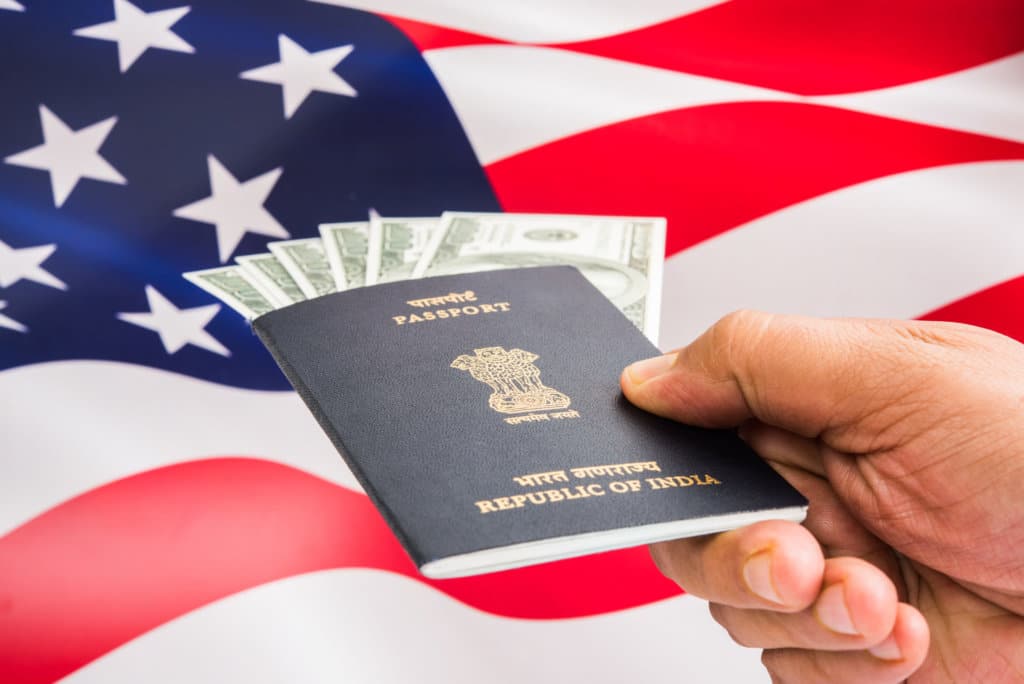The U.S. Citizenship and Immigration Services (USCIS) has extended the temporary suspension of premium processing of H-1B visas. It will also expand this temporary suspension to include certain additional H-1B petitions, the agency said.
The recent suspension period can last until Feb.19, 2019.
This extension of suspension is meant to process long-pending petitions, filed for expedition of the H-1B visa process, the USCIS said on Aug.28. The temporary suspension can reduce overall H-1B processing time, it said.
The agency had announced in March that it will suspend premium processing for cap-subjected H-1B visa petitions till Sept.10, 2018. It has now extended this period of suspension up to Feb.19, 2019.
The premium processing of H-1B visa requires submission of fee worth $1,225, in addition to all other filing fees required by the application.
“During this temporary suspension, we will reject any Form I-907, Request for Premium Processing Service, filed with an FY 2019 cap-subject H-1B petition. If a petitioner submits one combined check for the fees for Form I-907 and Form I-129 (Petition for a Nonimmigrant Worker), we will reject both forms. When we resume premium processing, petitioners may file a Form I-907 for FY 2019 cap-subject H-1B petitions that remain pending,” the USCIS said on its website.
However, during the suspension of premium processing service, one can request to expedite an FY 2019 cap-subject H-1B petition, provided the petition meets the Expedite Criteria given on the USCIS website.
Premium Processing Service provides expedited processing for certain employment-based petitions and applications. Specifically, USCIS guarantees 15 calendar day processing to those petitioners or applicants who choose to use this service or USCIS will refund the Premium Processing Service fee.
Guarantee of 15-calendar day processing means that USCIS will issue an approval notice, a denial notice, a notice of intent to deny, a request for evidence, or it will open an investigation for fraud or misrepresentation within the 15-day period to those who opt for this service.
The H-1B visa is the most common visa for highly-skilled Indian IT professionals to work at companies in the United States, and has been at the center of U.S. President Donald Trump’s crackdown on immigration. The visa is valid for three years, and can be renewed for another three years.
There was a 42 percent increase in the denial of H-1B petitions for India-born professionals from the third to the fourth quarter of fiscal year 2017, which started July 1, 2017, the National Foundation for American Policy (NFAP) said in its report in July.
